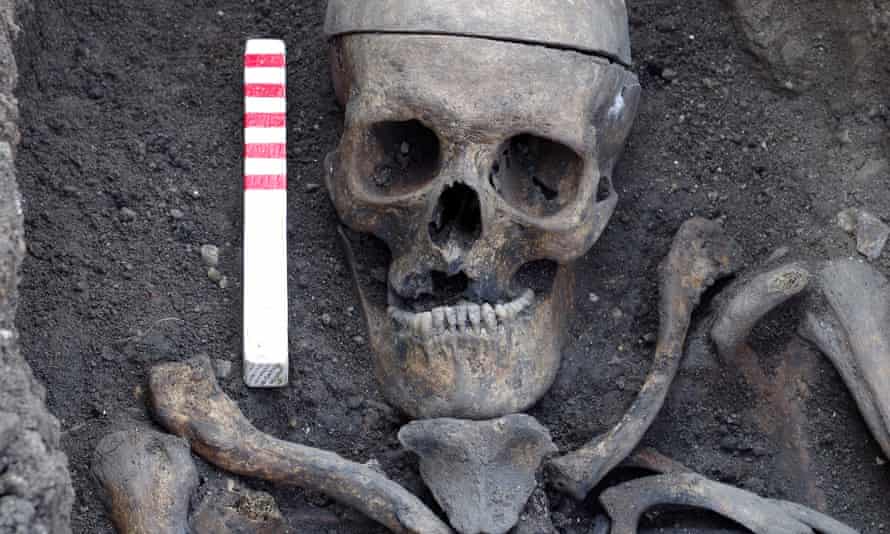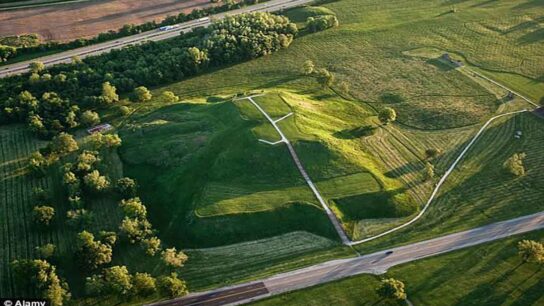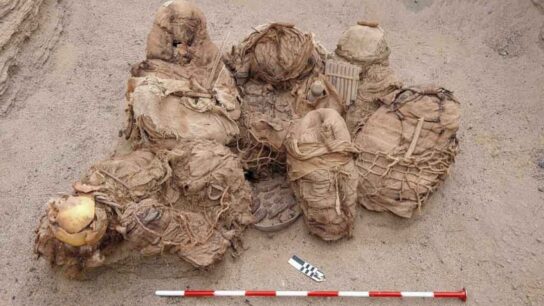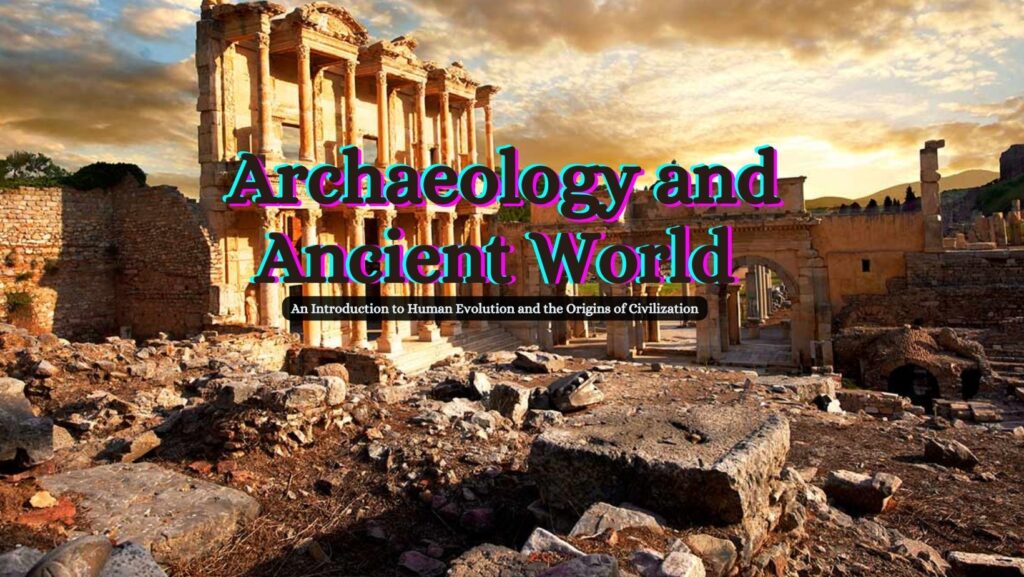Archaeologists Discovered Skeletons In London Dig Reveal Noxious Environs
According to The Guardian, archaeologists excavating a 19th-century burial site in southwest London have discovered 100 bodies.
Their skeletons have acted as a stark reminder of how bleak and violent life was in Dickensian times.

A man suspected of being a bare-knuckle boxer, a murdered woman with a broken nose, and a young girl who died before her second birthday were among the bodies exhumed.
Many of those living in the area at the time would have been very poor and leading “a life of drudgery and just-about surviving”, Wessex Archaeology senior osteoarchaeologist, Kirsten Egging Dinwiddy, told The Guardian.
The bodies were found at the New Covent Garden market, where a cemetery was attached to a local church. The cemetery was partially cleared in the 1960s when the markets were built.
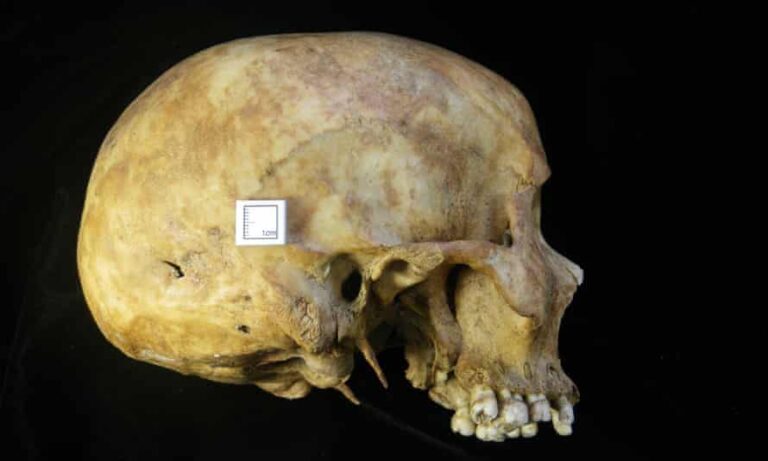
Among the skeletal remains was evidence of arduous working conditions, a noxious environment, endemic diseases, physical deformities, malnutrition and deadly violence, she said.
The bodies revealed high rates of infections, including syphilis.
One of the women found who had syphilis also had a broken nose and appeared to have been stabbed in her right ear with a dagger.
Archaeologists believe the woman was murdered.
Another man, also with syphilis, measured almost six feet tall, a stature of some magnitude at the time.
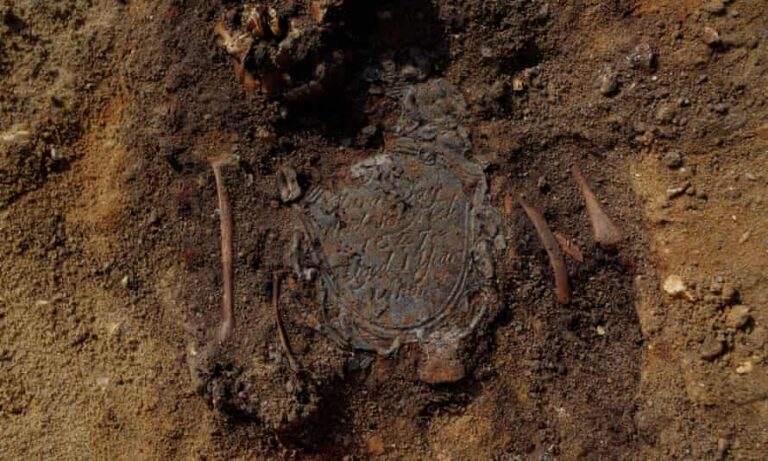
He had a flattened nose and a depression on his left brow suggesting he had “several violent altercations”.
The man’s knuckles also showed signs of fighting, and he may have been a bare-knuckle boxer, a common form of entertainment at the time, Ms. Egging Dinwiddy said.
Undoubtedly he would have had a “distinctive look”, and a “less than winning smile, she said.
Infant mortality rates were tragically high before and during the 19th century and the discovery of little Jane Clara Jay was a reminder of those harsh times, Ms. Egging Dinwiddy said.
Jane died in 1847 just before her second birthday.
A coffin plate was found alongside her remains. Although archaeologists identified some signs of malnutrition, the exact cause of her death is not clear.
